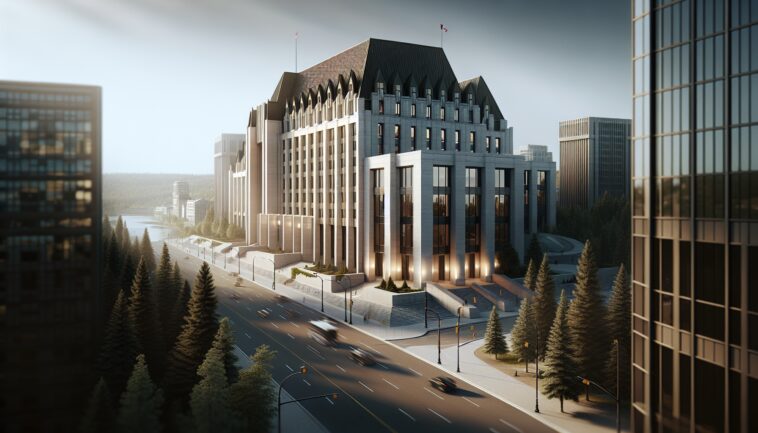Table of Contents
Understanding the Context of B.C.’s Economic Strategy
In a surprising turn of events, the British Columbia (B.C.) government has decided to pause a significant tax rebate that was a key element of their election campaign. Premier David Eby has stepped forward to defend this decision, emphasizing the need for a strategic shift in light of recent economic challenges.
The rebate, which was set to provide $500 per person or $1,000 per household, has been put on hold due to the evolving tariff threats from the United States, particularly under the administration of President Donald Trump.
The Impact of U.S. Tariff Threats on B.C. Businesses
During an interview with Global’s Focus BC, Eby explained that the rebate was initially proposed during a time when B.C. seemed to be recovering from high inflation and low consumer confidence. However, the current climate has shifted dramatically. Businesses are now hesitant to expand, opting instead to wait and see how the situation unfolds.
This cautious approach has been reflected in economic projections, which indicate a ripple effect across various sectors.
“All of that has knock-on effects,” Eby stated, highlighting the interconnectedness of the economy. The government is now adopting a “back to basics” mentality, prioritizing essential services like healthcare and education while also preparing for potential trade disputes.
This includes diversifying markets and accelerating major projects to mitigate the risks posed by U.S. tariffs.
Legislative Changes and Future Directions
As B.C. prepares for the return of MLAs to the legislature, the government is expected to introduce new legislation aimed at countering non-tariff retaliation from the U.S.
This could involve imposing additional charges on American companies and implementing legal changes to expedite project approvals. Eby has expressed concern over the current trade dynamics, noting that it is often easier to trade with Washington State than with Ontario, which is a bizarre reality that the government is keen to address.
The upcoming 2025 budget, set to be unveiled on March 4, will outline the government’s agenda in this complex landscape. With the looming threat of 25 percent tariffs on Canadian goods, the NDP government is taking proactive measures to safeguard the province’s economic interests. Eby’s recent discussions with U.S. officials have underscored the seriousness of the situation, as he noted that reliance on the United States is no longer a viable strategy.




